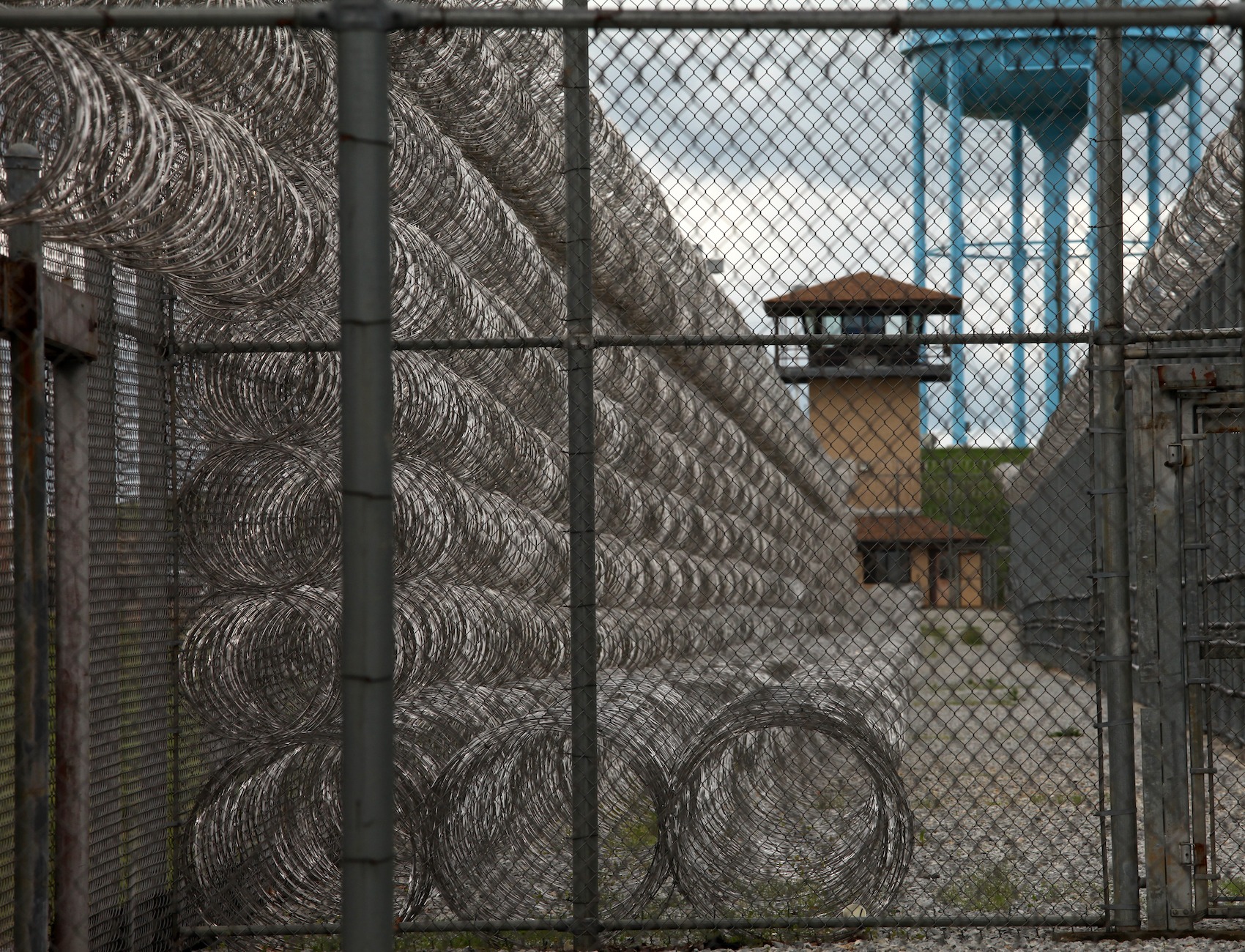States Should Abolish Juvenile Life Without Parole
Some states still allow judges to sentence children and adolescents to die in prison. Maryland just became the 25th state to abolish juvenile life-without-parole sentences—the other 25 should follow suit.

The Point
Some states still allow judges to sentence children and adolescents to die in prison. Maryland just became the 25th state to abolish juvenile life-without-parole sentences—the other 25 should follow suit.
States should ban juvenile life-without-parole sentences:
- State lawmakers should pass legislation to prohibit any judge from sentencing children or adolescents to life without parole (LWOP). Maryland recently abolished such sentences, Ohio did so earlier this year, and Virginia banned them last year.
- Lawmakers should make these laws retroactive. Maryland’s Juvenile Restoration Act applies retroactively, which means that anyone who was younger than 18 years old when the crime was committed can petition the court for a sentence reduction once they have served at least 20 years. The law covers LWOP sentences, but is not limited to them.
- Lawmakers should listen to voters. According to polling by Data for Progress and The Lab, over 66% of likely voters “agree that children who receive lengthy sentences should have their sentences reviewed by a judge or parole board after no more than 15 years, with an opportunity for release if they pose no danger to the community.”
Life without parole is inhumane and unjust:
- Life without parole is death by incarceration. There is no hope of ever returning to one’s family or community, absent the rare grant of executive clemency. Substance use treatment, vocational and educational programs, and rehabilitative services are generally unavailable, as prisons direct resources to those with scheduled release dates.
- The United States stands alone in this treatment of children. According to the Sentencing Project, it is the only country that sentences children, some as young as 13 years old, to life without the possibility of parole.
- Black youth are disproportionately prosecuted as adults and disproportionately sentenced to LWOP. The Campaign for the Fair Sentencing of Youth told The Appeal that over 85% of the more than 400 people immediately eligible for resentencing under Maryland’s new law are Black.
- The Supreme Court of the United States has repeatedly limited the use of life-without-parole sentences for children. But, the Court recently signaled in Jones v. Mississippi that it was unwilling to go any further, which leaves the responsibility to ensure no child is sentenced to die in prison to the states that still allow this to happen.
Dive Deeper
- Maryland Bans Sentencing Children to Life Without Parole. The bill gives hundreds of people an opportunity to petition for earlier release.
- A Majority of Voters Support an End to Extreme Sentences for Children. Extreme sentences have contributed to the U.S. being the number one incarcerator in the world—disparately impacting and devastating communities of color—and juvenile life-without-parole sentences are among the most draconian ongoing practices in our country.
- What Does Death by Incarceration Look Like in Pennsylvania? These Elderly, Disabled Men Housed in a State Prison. More than 5,400 people in the state are sentenced to life without parole. The Appeal went inside one prison that helps provide end-of-life care for men.
- Far from Being Beyond Saving, Prison Youth Deserve Every Opportunity for Meaningful Rehabilitation. We should demand that prison officials and our elected representatives honor their constitutional obligation to promote and support youth healing, growth, and change.

